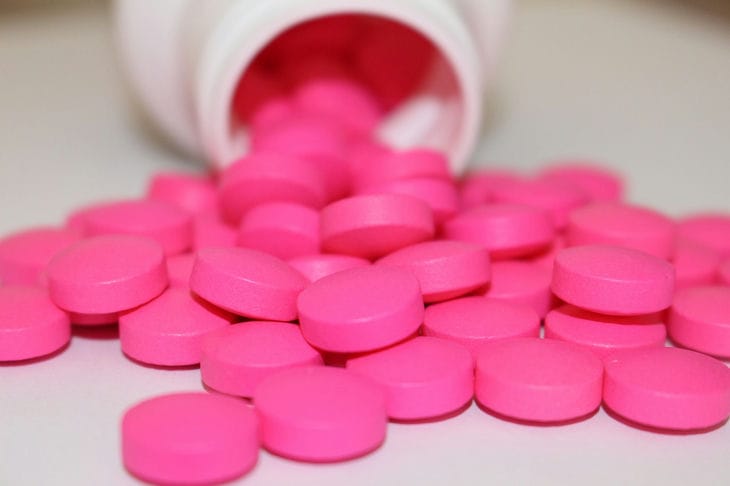Fish oil, probiotics, vitamin complexes - we swallow them by the handful, believing in a miracle effect.
But independent laboratories have proven that about 70% of dietary supplements do not correspond to the declared composition.
For example, omega-3 capsules often contain heavy metals (mercury, lead), which accumulate in the body, destroying the nervous system.

And the advertised probiotics turn out to be “dummies”: most bacteria die before they reach the intestines due to improper packaging or storage.
Vitamin complexes are a separate story.
Their uncontrolled intake leads to hypervitaminosis. Excess vitamin A causes dizziness and nausea, and iron in large doses damages the liver.
Experts advise: before taking supplements, get tested. This is the only way to find out what your body really lacks.
Natural alternatives work better than pills.
Flaxseed oil will replace omega-3, sauerkraut and kimchi will restore microflora, and seasonal berries and fruits will saturate you with vitamins without the risk of overdose.
Remember: dietary supplements are not a panacea. Health is built on a varied diet, not on advertising promises.
In 2023, the FDA pulled 12 popular weight-loss supplements from the market because they contained sibutramine, a substance that can cause cardiovascular problems under certain conditions.
And “harmless” sleep supplements were found to contain addictive phenobarbital.
How to protect yourself? Look for certificates on the packaging, check the manufacturer through databases.
And remember: if a supplement promises to “cure everything,” it’s a scam.
